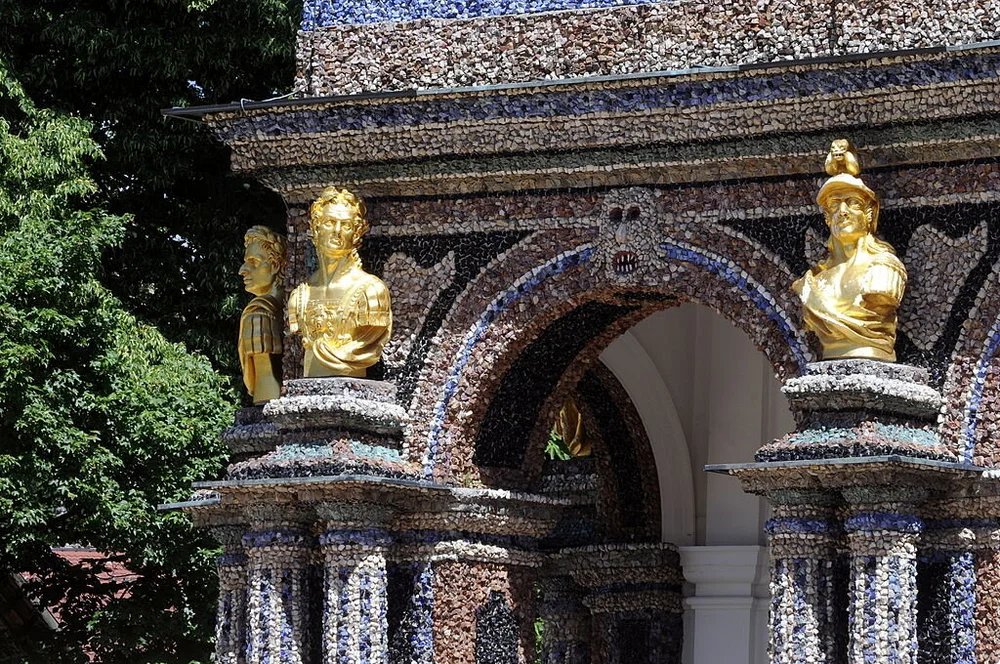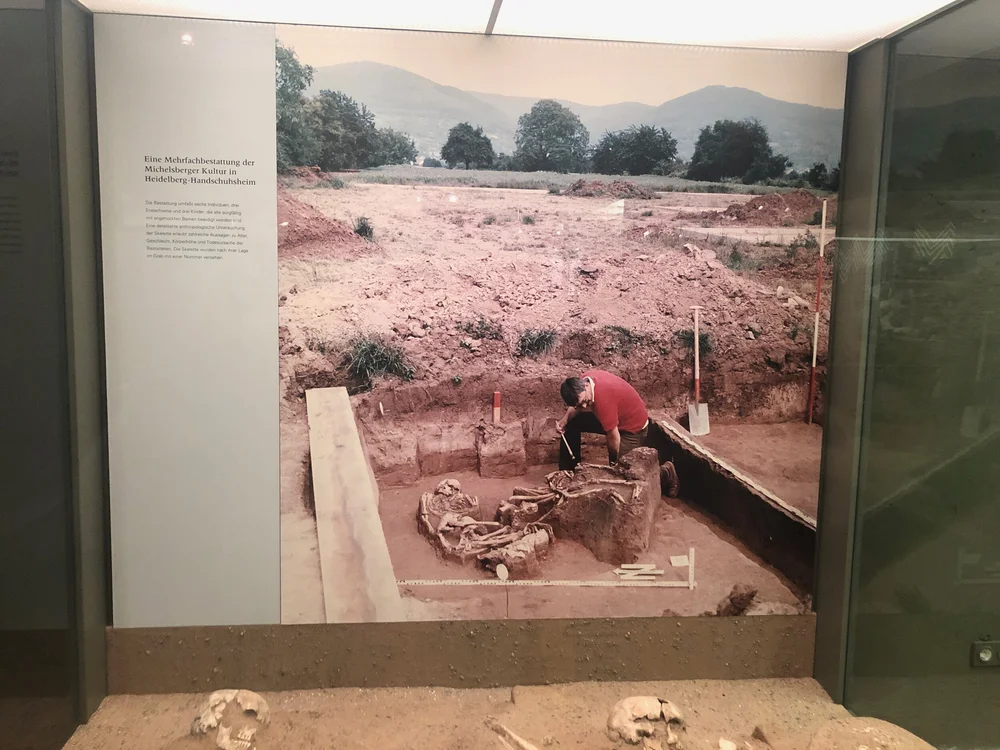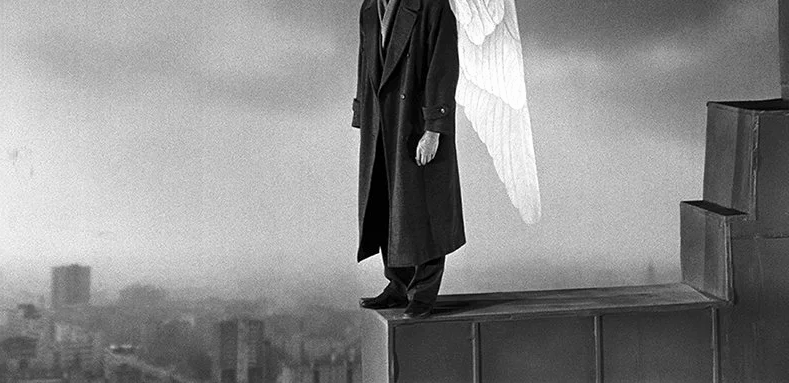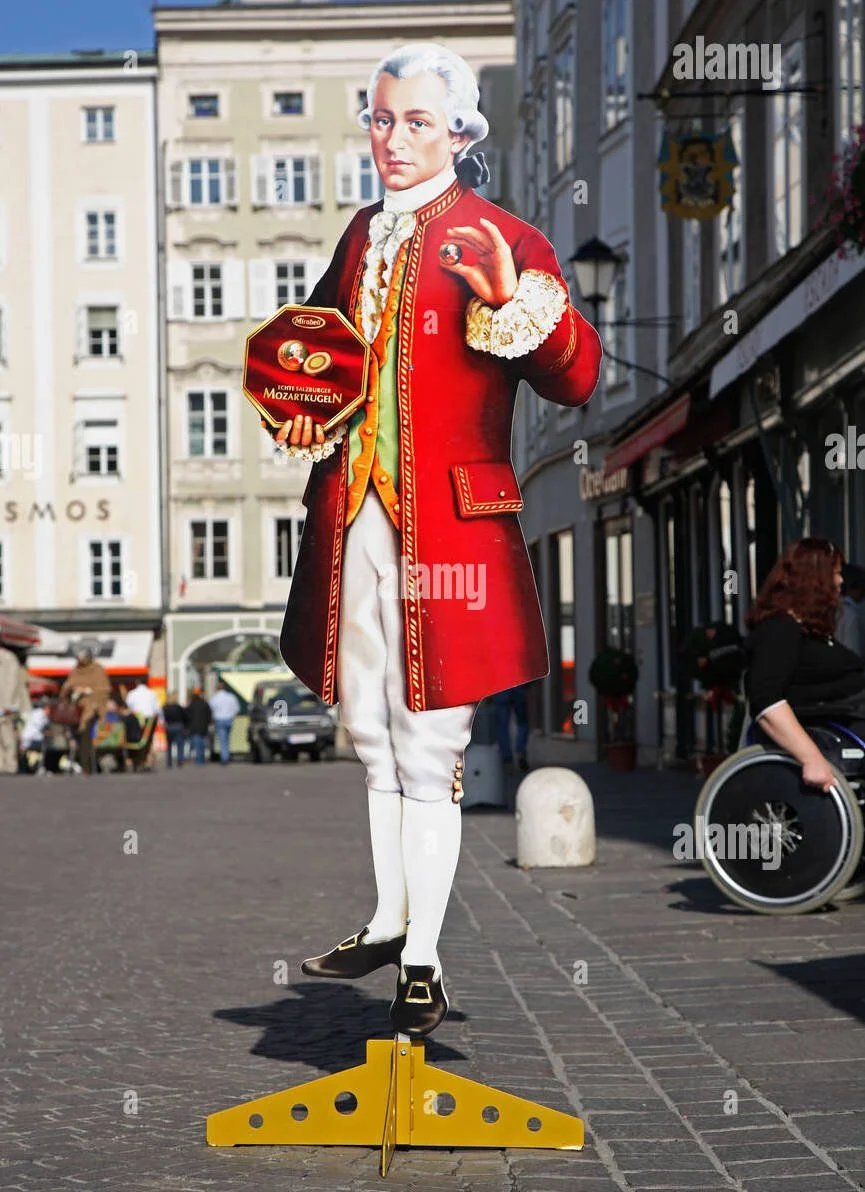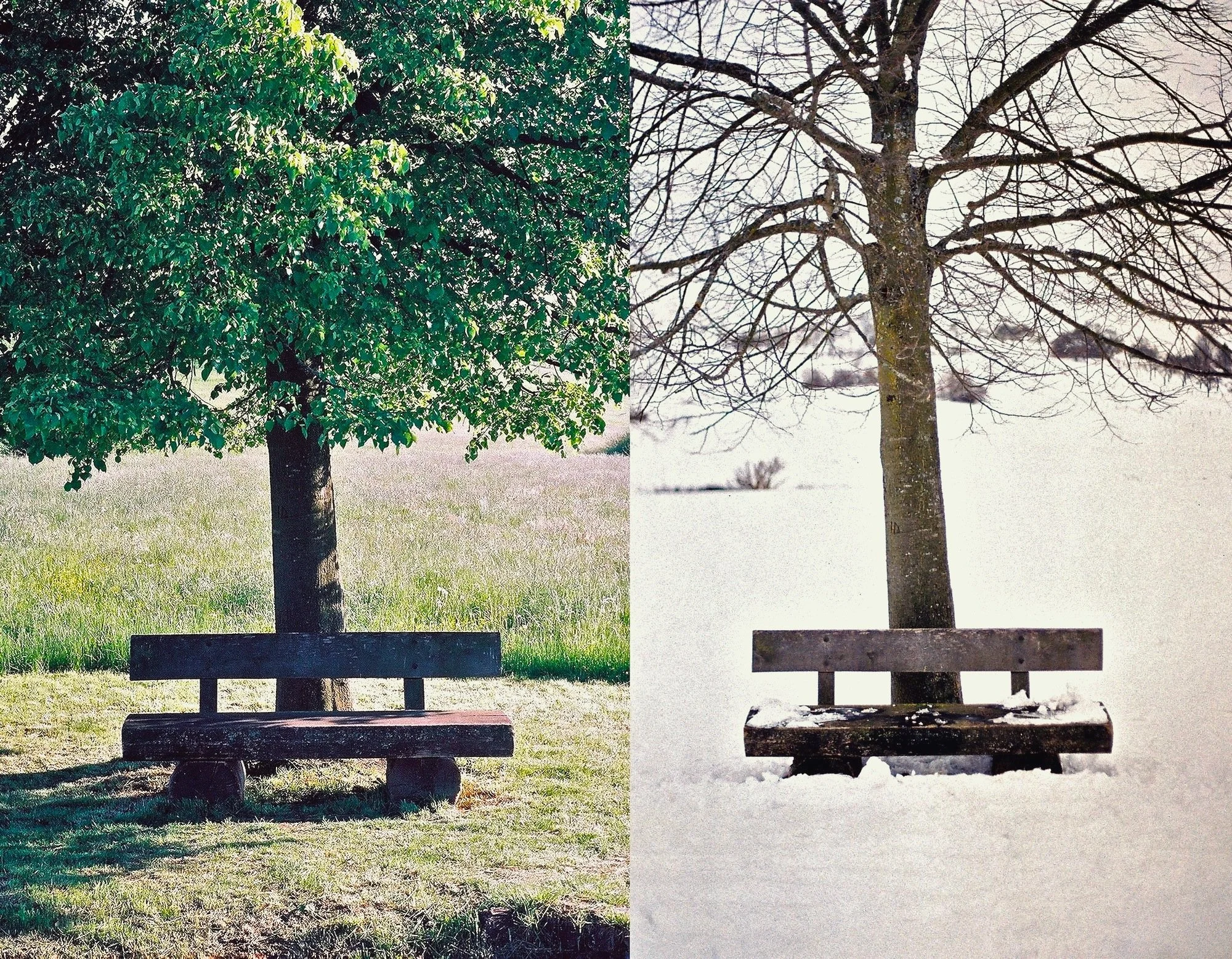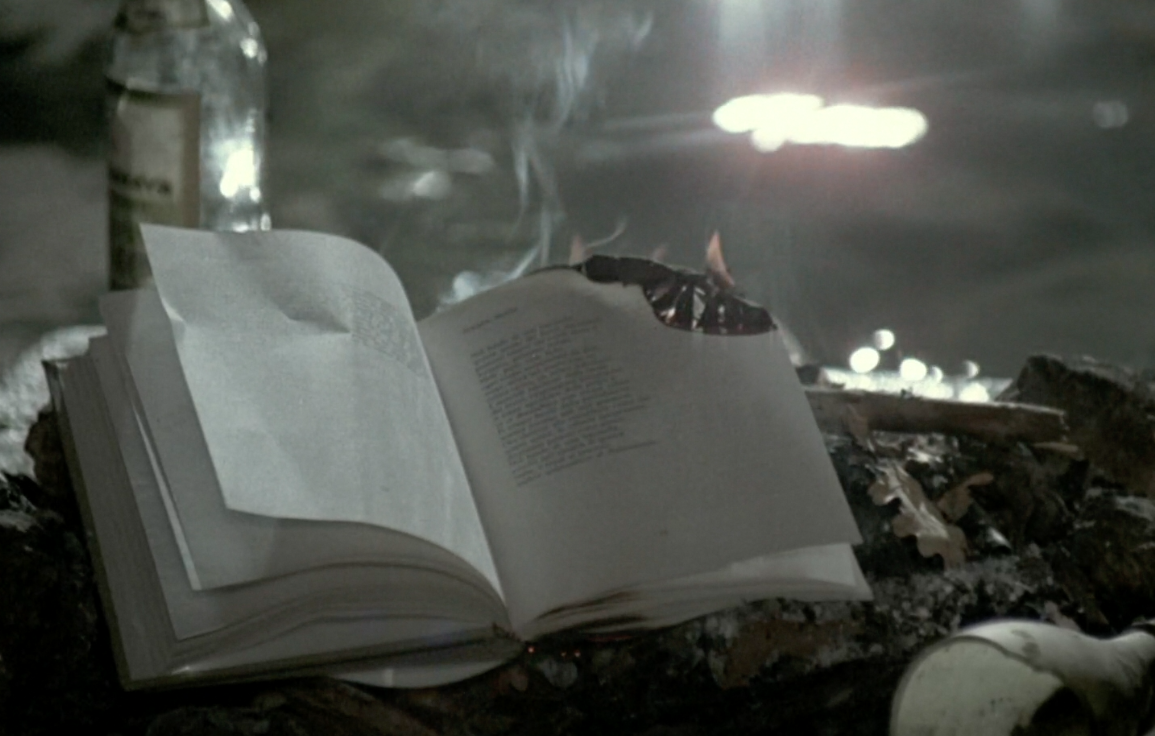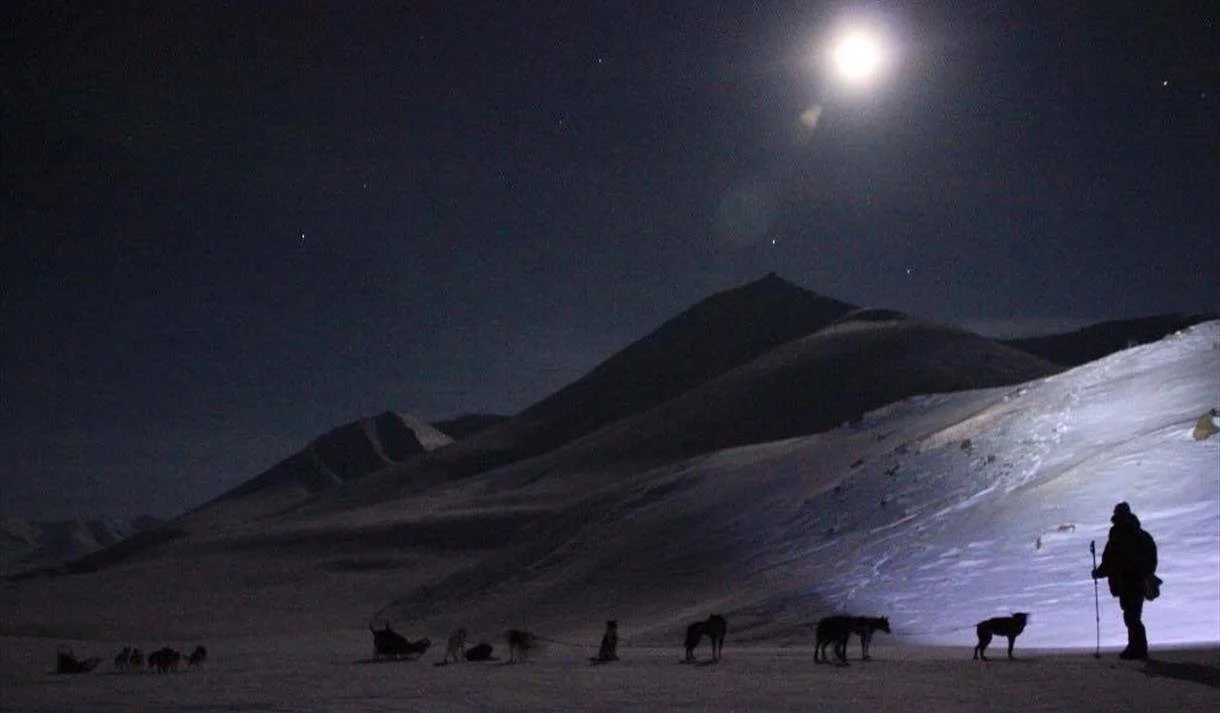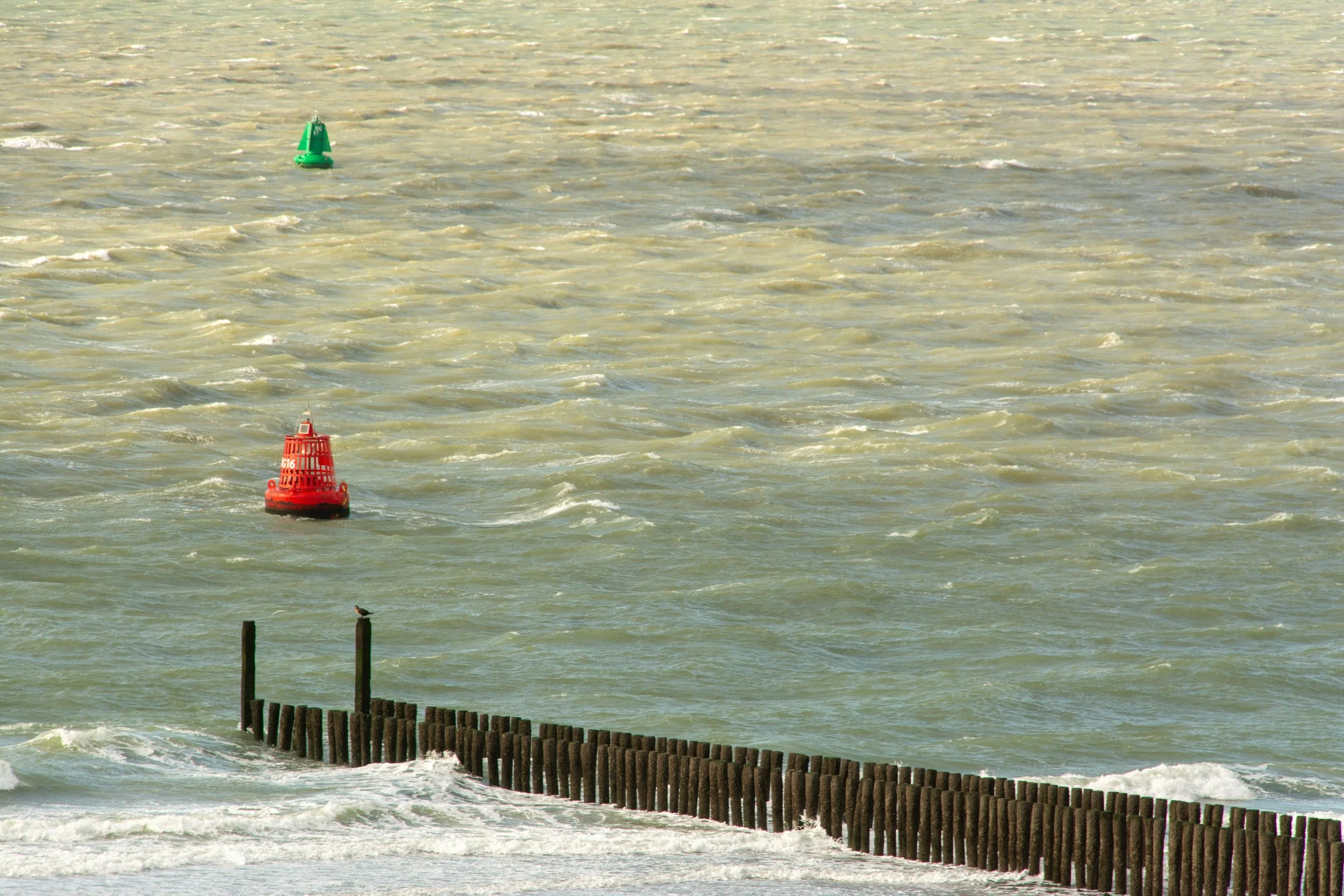Liegt irgendwas zentral?
Obstgärten verstreut durchs Land,
Urbane Wälder, rustikale Plantagen, kniehohe Hügel?
Sind Ortsnamen zentral?
Oak Grove, Adcock Corner, Story Book Farm?
Da diese mit einem Ansturm auf Augenebene zusammenlaufen
Und sich in die Augen prügeln, welche nichts mehr aushalten können
Danke, das war genug, danke.
Und sie tauchen auf wie eine Landshaft, gemischt mit Dunkelheit
Die feuchten Ebenen, überwachsene Vorstädte,
Orte von bekanntem bürgerlichen Stolz, zivile Obskurität.
Diese sind zwar mit meine Version von Amerika verbunden,
Aber der Saft ist woanders.
Heute morgen, als ich dein Zimmer verließ
Nach dem Frühstück schraffiert mit
Blicke rückwärts und vorwärts, rückwärts ins Licht,
Vorwärts ins unvertraute Licht,
War es unser Werk, und war es
Der Stoff, das Nutzholz des Lebens, oder von Leben,
Die wir maßen, zählten?
Eine Laune, die bald vergessen wird
Unter gekreuzte Lichtbalken, kühler Innenstadtschatten
An diesem Morgen, der uns wieder eingeholt hat?
Es ist mir bewußt, ich verflechte zu arg die eigenen
Abgebrochenen Eindrücke der Dinge, wie sie mir begegnen.
Sie sind privat und werden immer so bleiben.
Wo sind dann aber die privaten Zwischenfälle, die später
Dazu bestimmt sind, zu blühen wie goldene Glocken
Erklungen über die Stadt vom höchsten Turm?
Die lustigen Sachen, die mir geschehen, die ich dir erzähle,
Und du sofort weißt, was ich meine?
Welcher abgelegener, über Serpentinen erreichbarer Obstgarten
verbirgt sie? Was sind diese Wurzeln?
Es sind die Knoten und Proben
Die uns verraten, ob wir bekannt werden
Und unser Schicksal vorbildlich sein kann, wie ein Stern.
Alles andere ist warten
Auf einen Brief, der niemals ankommt.
Tag ein, Tag aus, die Verbitterung
Bis du es endlich aufgerissen hast, und nicht wusstest, was es war,
Und die beiden Umschlaghälften auf einem Teller liegen.
Die Botschaft war weise, und scheinbar
Lange her diktiert.
Ihre Wahrheit ist Zeitlos, aber ihre Zeit ist noch
Nicht gekommen. Sie berichtet von Gefahr, und die meist begrenzten
Maßnahmen, die gegen die Gefahr zu ergreifen sind,
Heute und in Zukunft, in frischen Höfen,
In ruhigen kleinen Häusern auf dem Land,
Unser Land, in umzäunten Gebieten, auf kühlen schattigen Straßen.
+
The One Thing That Can Save America
Is anything central?
Orchards flung out on the land,
Urban forests, rustic plantations, knee-high hills?
Are place names central?
Elm Grove, Adcock Corner, Story Book Farm?
As they concur with a rush at eye level
Beating themselves into eyes which have had enough
Thank you, no more thank you.
And they come on like scenery mingled with darkness
The damp plains, overgrown suburbs,
Places of known civic pride, of civil obscurity.
These are connected to my version of America
But the juice is elsewhere.
This morning as I walked out of your room
After breakfast crosshatched with
Backward and forward glances, backward into light,
Forward into unfamiliar light,
Was it our doing, and was it
The material, the lumber of life, or of lives
We were measuring, counting?
A mood soon to be forgotten
In crossed girders of light, cool downtown shadow
In this morning that has seized us again?
I know that I braid too much my own
Snapped-off perceptions of things as they come to me.
They are private and always will be.
Where then are the private turns of event
Destined to bloom later like golden chimes
Released over a city from a highest tower?
The quirky things that happen to me, and I tell you,
And you know instantly what I mean?
What remote orchard reached by winding roads
Hides them? Where are these roots?
It is the lumps and trials
That tell us whether we shall be known
And whether our fate can be exemplary, like a star.
All the rest is waiting
For a letter that never arrives,
Day after day, the exasperation
Until finally you have ripped it open not knowing what it is,
The two envelope halves lying on a plate.
The message was wise, and seemingly
Dictated a long time ago.
Its truth is timeless, but its time has still
Not arrived, telling of danger, and the mostly limited
Steps that can be taken against danger
Now and in the future, in cool yards,
In quiet small houses in the country,
Our country, in fenced areas, in cool shady streets.

